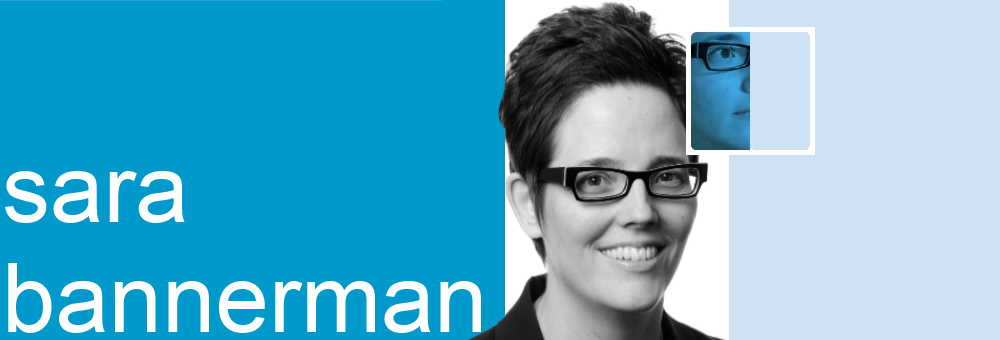The Egyptian government today took the unprecedented move to shut down Internet and mobile communications in the face of a massive protest against the Mubarak regime. This follows the protests in Tunisia that, earlier in January, caused Ben Ali to leave office. Alongside these political developments a public debate has been taking place on the role of social media like facebook and twitter in protest movements.
Clay Shirky, in the most recent issue of Foreign Affairs, argued that social media makes it possible for publics to coordinate massive and rapid protests, contributing to the political power of publics and democracy. Writing before the events in Tunisia, he cited the 2001 impeachment trial of Philippine President Joseph Estrada, in which coordinated protest prevented the setting-aside of important evidence against the president. He argued that the United States, rather than focusing on freedom of information on the Internet and the censorship of major American online news outlets, should focus its foreign Internet policy on access to social media, encouraging its general use.
Malcolm Gladwell, in his recent piece in the New Yorker, took the opposite view. "The revolution will not be tweeted," he proclaimed, saying that social media fosters only weak ties and commitments - not the kind of political commitment that brings protesters to face down difficult and even dangerous situations and to take the heroic stands necessary for true change to take place.
Others are more ambivalent about the power of social media. During the recent protests in Tunisia, Ethan Zukerman posted a piece that asked why the Tunisian protests had received so little mainstream media attention. Zukerman proclaimed himself agnostic about the role of social media, and expressed frustration with the failure of traditional media to take up the issue. [another agnostic]
The Atlantic has posted a more recent analysis of the role of social media in Tunisia. It features Jillian York of the Berkman Center for the Internet and Society, who believes that facebook creates relatively strong ties, and that such ties were important in leading Ben Ali to leave office on January 14. Not only does Facebook allow the circumvention of censorship in other media; Facebook, the Atlantic proposes, created strong ties by allowing individuals to show, share, and amplify the injury, pain, and protest that was taking place - especially through video. The Atlantic reports one individual as saying that facebook went from being "a waste of time or procrastination tool "to a primary source of news about the events.
Today's shutdown of Egyptian communications demonstrates, if not the power of social media, then its perceived power. However, the true test may come in the days ahead, as what is tested is not the power of social media, but the power of people without it.

No comments:
Post a Comment